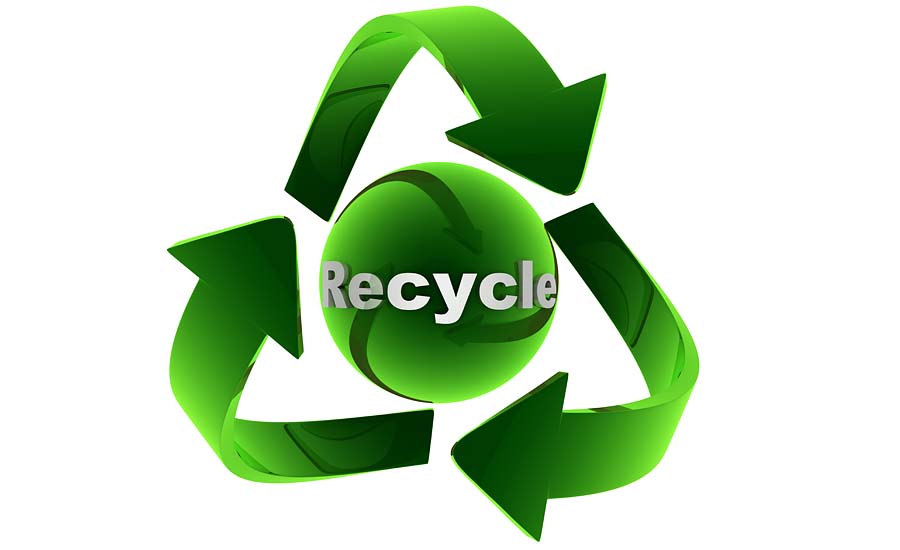Study reveals a broken recycling system
Though more than 90% of respondents say they feel they know their local recycling rules, fewer than six in 10 reported researching them.

Although Americans are more environmentally concerned than ever, a patchwork system of local policies has confounded consumers and damaged recycling efforts, according to a report by Grocery Manufacturers Association (GMA), Washington, D.C.
The study reveals that 75% of Americans say they have changed their behavior in recent years to be more environmentally conscious, taking steps to recycle more frequently, buy sustainable products or reduce waste.
Despite the growing consumer consciousness of environmental issues, there remains a considerable gap between aspiration and reality. For instance, 92% of respondents are unsure or believe anything with a plastic resin label could be recycled curbside, although only two of the seven codes are consistently recyclable. Also, the codes are designed for employees at sorting facilities, not consumers.
“Confusion is not a sustainable system,” says Geoff Freeman, president and CEO. “America’s recycling future cannot depend on a patchwork system that undermines good intentions with bad policy.”
Compounding these issues further is the labyrinth of recycling policies employed throughout the United States, as municipalities set their own recycling rules. Though more than 90% of respondents say they feel they know their local recycling rules, fewer than six in 10 reported researching them.
Consumers largely support a more uniform system — 74% surveyed said that more standardized rules at the national or state level would bring more clarity to recycling.
Even seemingly innocuous mistakes — like tossing a non-recyclable item into the bin — can backfire, ultimately causing more harm than good, sending everything to the landfill. Nearly 40% of Americans are “aspirational recyclers” who recycle items they’re unsure will meet the requirements in hopes that any unrecyclable items will be later sorted. That number goes up to 44% for those who say they are very environmentally concerned and to 49% for Millennials.
The consumer packaged goods (CPG) industry is working to meet the needs of consumers and the environment, with 100% of the 25 largest CPG companies committing to increasing recyclable content, minimizing packaging or reusing material. Further, 80% of those companies have committed to producing fully recyclable, reusable or compostable packaging by 2030 at the latest.
“The industry is evolving to meet the needs of consumers and the planet, but it cannot succeed in a vacuum,” says Meghan Stasz, vice president of sustainability and packaging. “Wildly different local rules coupled with a complex network of codes and growing costs of recycling programs are contributing to a broken system that will require more than just private industry to resolve.”
Shifts in the global economy, notably in China, are forcing cities across America to reduce or suspend recycling programs that are no longer economically viable. An, while China accepted contaminated recycling loads, the country’s new policy limiting contamination to a near impossible 0.5% standard caused the value of recycled material to plummet.
As local governments scramble to figure out solutions in the wake of China’s new requirements, the CPG industry continues to innovate. Going beyond its rigorous commitments, CPG companies are slimming down packaging, piloting refillable containers and even using beach plastic to make bottles.
“Few industries are able to adapt as quickly to consumers as CPG,” says Freeman. “The CPG industry is a leading force for change, but there is no panacea — no person, industry or government that will solve this alone. We want all stakeholders at the table, ready to make the hard decisions that will create lasting change.”
Looking for a reprint of this article?
From high-res PDFs to custom plaques, order your copy today!







